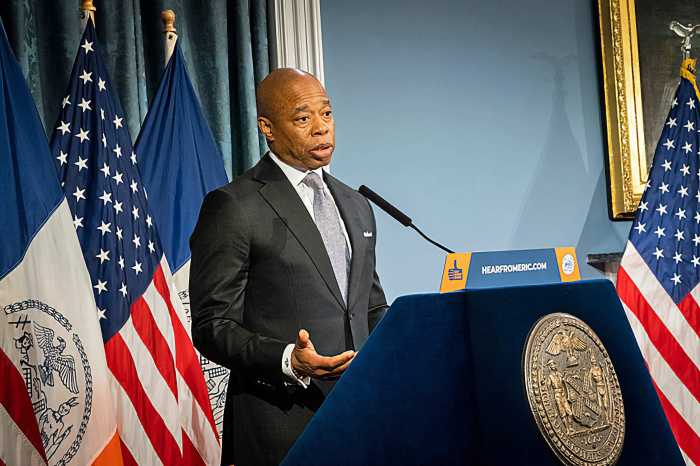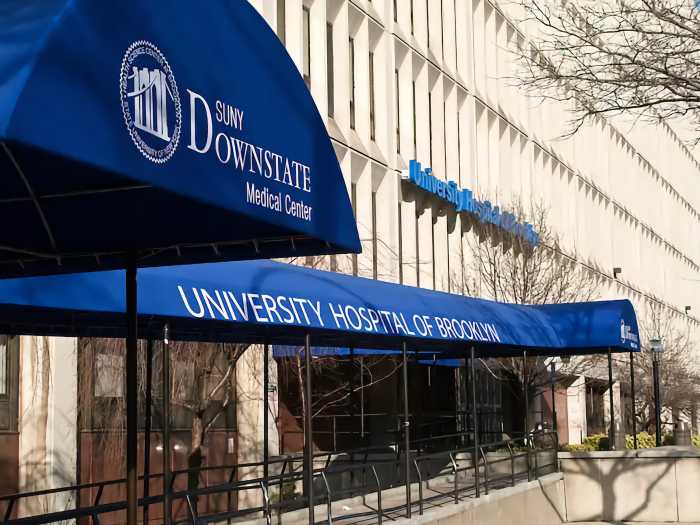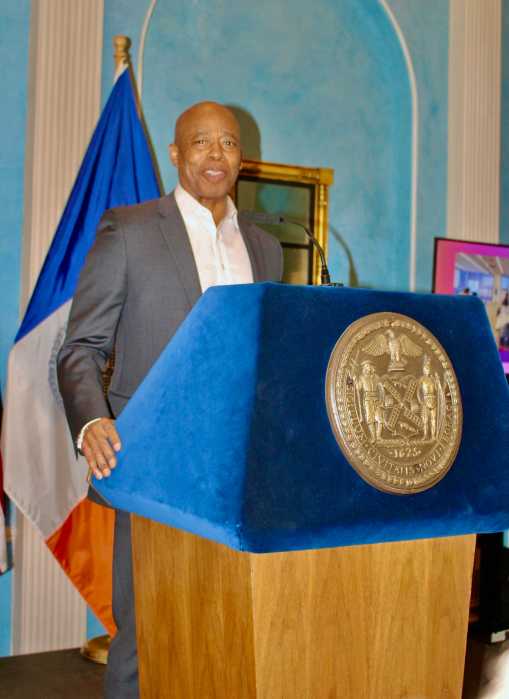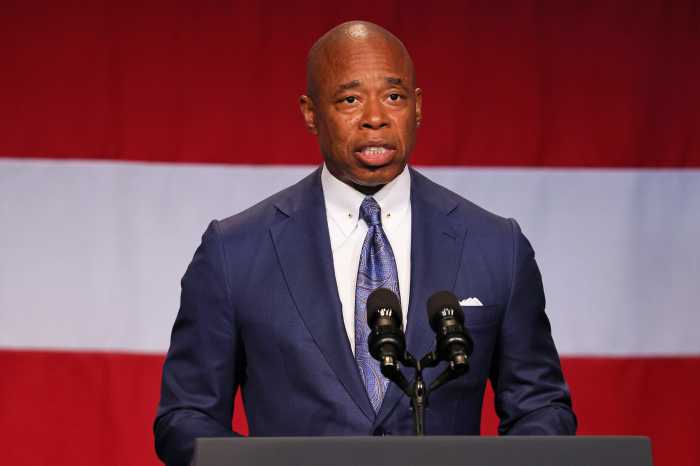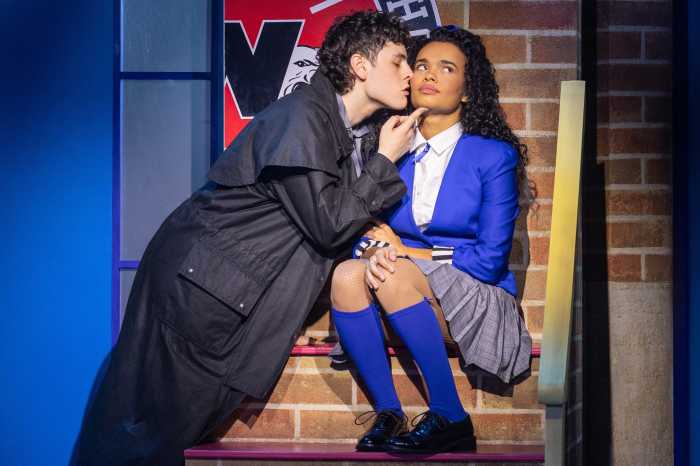Once again, New York is at the epicenter of a public health crisis. If we are going to beat the spread of MPV/Monkeypox, we are going to need a strong state and federal response — and if we use the lessons we learned from the worst of the COVID-19 pandemic, we can and will get through this.
Many of the same challenges that we saw when COVID-19 began spreading in New York are resurfacing: inaccessible testing, insufficient vaccination access, and misinformation fueling fear and causing confusion around appropriate prevention and care. However, unlike at that time, we have more tools at our disposal to contain the spread. We just have to use them.
To stop the spread of disease, we need to first stop the spread of misinformation. Right now, we know that the current outbreak is disproportionately impacting the LGBTQ+ community — particularly cis and trans men as well as non-binary individuals — because the virus spreads primarily through skin-to-skin contact, like the kind that happens during sex. But let’s also be clear: MPV/Monkeypox is not an STD and viruses do not discriminate. We know that sex is not the only way the virus spreads and we know that without a swift response, this virus will continue to spread rapidly. We must ensure our response does not discriminate either.
Our most vulnerable populations, LGBTQ+ communities, people of color, sex workers, and other service workers across retail and hospitality are most at risk of contracting monkeypox. As a result, we must target our resources toward communities with the highest need. COVID-19 was deadlier in communities where access to medical care was already challenging, primarily affecting vulnerable populations and communities of color. We must recalibrate healthcare delivery during this rapid spread with attention to inequity and the high costs of care within our current system. As we demand more vaccines based on cases, we must ensure we are allocating them fairly on a local level.
It is commendable that Governor Hochul and Mayor Adams have declared a state of emergency in response to the MPV/Monkeypox outbreak, recognizing the urgent need for additional funding and resources to support providers and patients. However, we must do more — and that means coordinating with the federal government to support New York’s efforts by removing administrative barriers to treatment and empowering healthcare providers to treat and vaccinate to contain monkeypox. That’s why, as chair of the Senate Health Committee and a coalition of healthcare providers, I called for the U.S. Secretary of Health and Human Services to grant emergency use authorization as appropriate for additional treatments and vaccines. While our priority should remain on prevention through vaccination, we cannot sit by while available treatment is delayed or restricted due to unnecessary burdens. Our federal government also needs to increase transparency around vaccine acquisition and distribution to localities to ensure local partners can stand ready and the public to ease valid concerns regarding an inadequate response to the virus.
We did not have the resources or the tools when COVID-19 hit. But COVID-19 showed us the way forward when dealing with future outbreaks and the MPV/Monkeypox outbreak is our first test of those lessons. We must use every tool at our disposal and remain focused on an equitable, efficient response that keeps every New Yorker safe.


